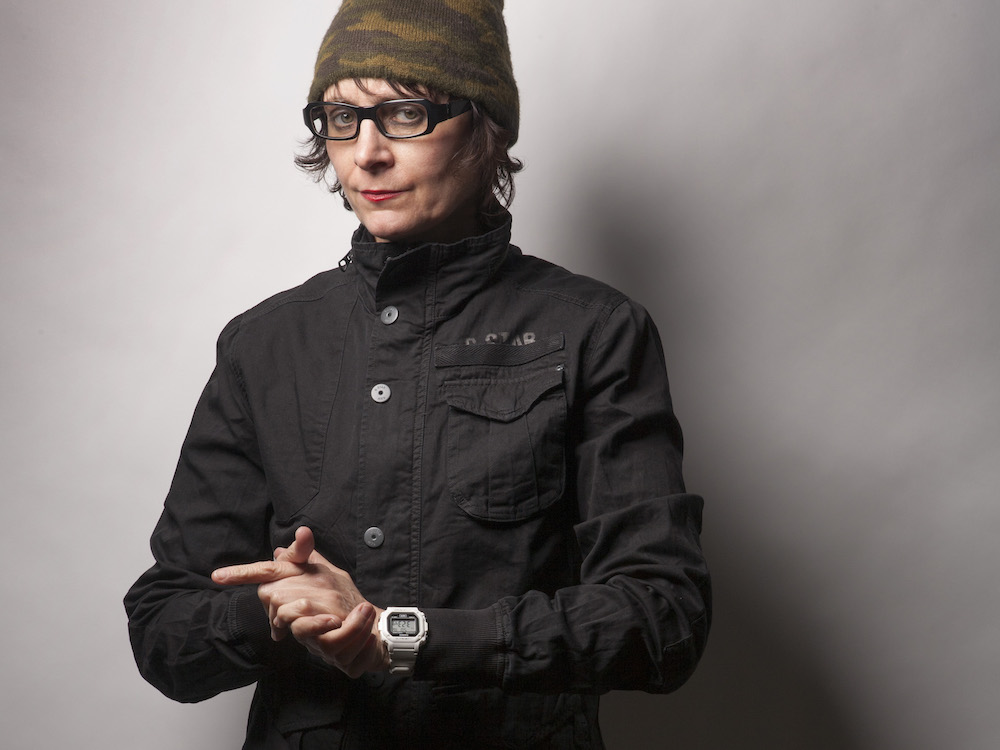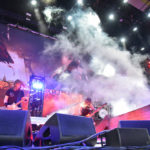Josephine Wiggs
We Fall
The Sound of Sinners
★★★

The event that Josephine Wigg’s solo album is a work of ambient texturing came as a surprise. An essential member of the ‘90s eclectic alt-rock band The Breeders, Wiggs has defied genre, pushing past boundaries and convention. Yet traversing into a world of Harold Budd-esque visions is new territory. A mixture of minimal classicism and sampled ethereal landscapes, We Fall is a strange new world of sound.
“In A Yellow Wood” feels like a weird Yoko Ono fantasy, emitting a few chords before dropping into silence and then repeating itself. Discordance meets melody in an intimate way that brings to mind visions of Erik Satie. Despite the individualism of these songs, actions are based in perception and Wiggs turns to the natural world in order to understand process and patience. “Turn to Moss” is a beautiful composition that presents a duality between the composer and the listener. It’s a brave move to be able to utilize space and tell a story. How we perceive that space depends on the listener. Is it loneliness? Is it isolation? “The Weeping of the Rain” is more experimentally optimistic than it sounds. Is it contemplation as in “The Soft Stars That Shine?” This is, indeed, the most well-rounded song on the album.
Josephine Wiggs – Time Does Not Bring Relief
Often, you get a sense of film music or at least music inspired by film music. With “Time Does Not Bring Relief,” it sets us up for aural scenery that only grows from within. I feel that elements of this album has Tzadik Records posterity. Wiggs’ piano work is what is the most fascinating throughout and is the most dominant focal point to keep motion. Everything else is scenery.
Travel into Wiggs’ mindful universe, and We Fall opens up new doors.




No Comment! Be the first one.